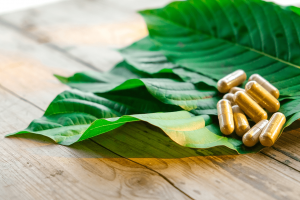
Fruits are nature’s delightful gift, bursting with flavour, colour, and nutrients. To keep them fresh and delicious, it’s crucial to store them properly. Whether you’ve just returned from the farmer’s market or stocked up at the grocery store, understanding the best way to store fruit can make a significant difference in their longevity and taste.
Choosing the Right Storage Space
Selecting the ideal storage spot for your fruits is the first step towards keeping them fresh. Aim for a cool, dry place away from direct sunlight. A pantry or a cupboard in your kitchen can be suitable options. Avoid storing fruits near appliances that emit heat, such as ovens or stoves, as heat can speed up ripening and spoilage.
Sorting and Separating
Different fruits emit varying levels of ethylene gas, a natural ripening agent. To prevent premature ripening and spoilage, it’s essential to separate fruits based on their ethylene production. High-ethylene fruits like apples, bananas, and avocados should be stored separately from low-ethylene fruits like berries, citrus fruits, and melons. This separation helps maintain the freshness of each fruit.
Keep It Ventilated
Proper air circulation is key to preserving the freshness of fruits. Avoid sealing fruits in airtight containers or plastic bags, as this can trap moisture and accelerate spoilage. Instead, opt for breathable containers or baskets that allow air to circulate freely. Additionally, loosely wrapping fruits in paper towels can help absorb excess moisture, keeping them fresh for longer.
Refrigeration Guidelines
While some fruits thrive at room temperature, others benefit from refrigeration. Generally, fruits like berries, grapes, and cherries should be stored in the refrigerator to prolong their shelf life. However, certain fruits, such as bananas and pineapples, should be kept at room temperature until ripe, after which they can be refrigerated to slow down further ripening.
Handle with Care
Fruits are delicate and can bruise easily. When storing fruits, handle them with care to avoid causing any damage. Place them gently in storage containers or baskets, being mindful not to stack heavy fruits on top of delicate ones. Additionally, check stored fruits regularly for any signs of spoilage, and promptly remove any rotten or overripe pieces to prevent them from affecting the rest.
Mastering the best way to store fruit can help you enjoy fresh, flavourful produce for longer periods. By choosing the right storage space, sorting fruits appropriately, ensuring proper ventilation, following refrigeration guidelines, and handling fruits with care, you can extend their shelf life and savour their natural goodness to the fullest.








